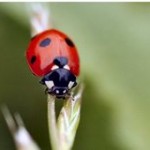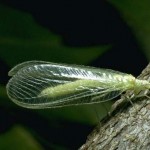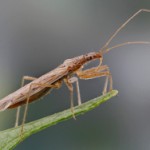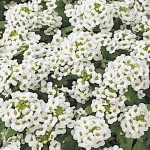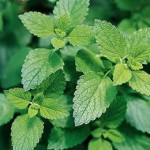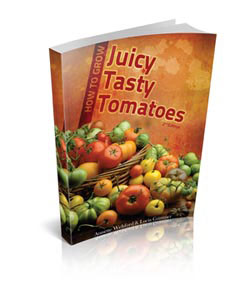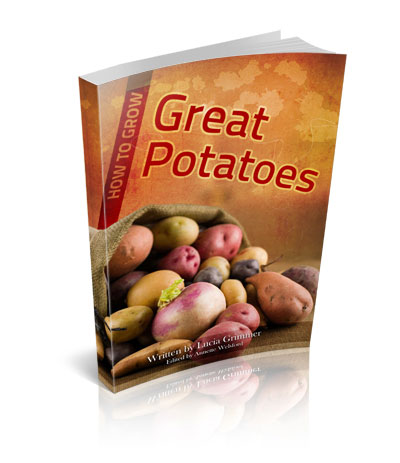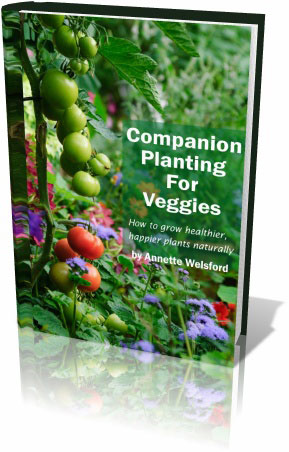Attracting Natural Insect Predators to Control Garden Pests
One of the reasons that we like to grow our own vegetables, apart from the great flavours of fresh home-grown produce, is that we can control what pesticides go onto them. Most of us do not like the thought of eating vegetables from the supermarket which have been sprayed with chemicals.
Luckily nature has developed its own very effective system for controlling pests. To understand it, let’s have a look at animals.
What Are Insect Predators?
In the world of animals, there are carnivores (predators) and herbivores. The carnivores are meat eating, and feed on the herbivores. The same happens in the insect world, and we can use this strategy to naturally control pests in our vegetable gardens. Insect predators eat other insects.
Examples of beneficial insect predators that feed on crop pests include ladybugs, lacewing bugs, spiders, wasps, certain mites, damsel bugs and many others. There are ways of attracting such insect predators to our gardens. One of these is to create an insectary by using a diverse range of predator attracting plants.
The garden insectary is a type of “companion planting”. By planting a wide range of plants you can provide alternative food sources (such as nectar and pollen, required by many predators as part of their diet) as well as habitat and shelter. For example, you can control aphids by attracting an aphid-specific predator such as Aphidius by planting lupins or sunflowers. Your insectary only needs to be big enough to hold six to seven varieties of plants that attract insects. Once these plants have matured, your beneficial insects will efficiently take over the insect pest control in your vegetable and fruit garden for you.
Tips for Creating An Insectary
- Members of the carrot family (wild carrot, dill, coriander, fennel and angelica) are all excellent insectary plants. They all produce tiny flowers which are required by parasitoid wasps. Large nectar-filled flowers can drown these tiny parasitoid wasps.
- Grow plants of various heights in your insectary: lace wings lay their eggs in protected, shady areas. Ground beetles like the cover from low growing plants such as mint, thyme or rosemary
- Flowers such as daisies and mint-like plants such as peppermint, spearmint etc will attract robber flies, hover flies and predatory wasps.
- Plant insectary annuals between your vegetable beds. This will lure beneficial insects as well as adding a touch of decoration to your garden.
- Let some of your vegetables grow to flower (carrots, broccoli, brussel sprouts, cabbage, bok choy etc).
Ideal Insectary Plants
Good insectary plants not already mentioned include the following :
- Alyssum
- Amaranthus
- Convolvulus
- Cosmos
- Daucus carota (Queen Anne’s Lace)
- Digitalis
- Limonium (Statice)
- Lemon balm
- Parsley
- Peonies
- Verbascum thaspus
A garden insectary should be a permanent component of all gardens.
The longer your insectary is in place, the more effective it will be as insects get to know a place that provides food, shelter and above all, a source of nearby food. Results are cumulative.
As your plantings mature and resident populations of beneficial insects are established, the need for toxic chemical pesticides will diminish. Your garden will become a more natural and balanced environment for the production of healthy vegetables and flowers.
Tags: chemical free garden, insect predators, natural predators







